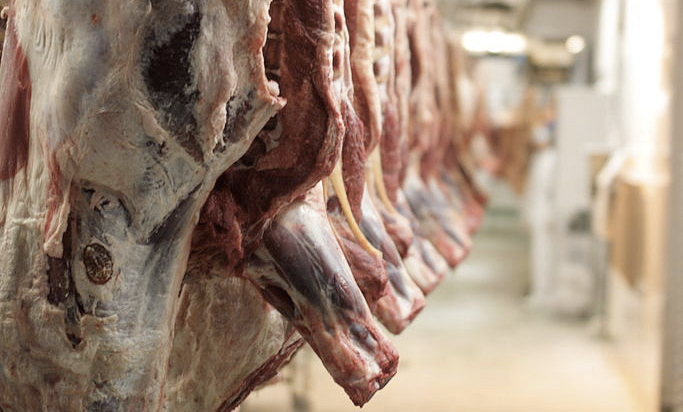
The President of the British Veterinary Association (BVA) John Blackwell set out the organisation’s 2015 General Election manifesto, urging political parties to commit to taking action on animal welfare and disease prevention, in a keynote speech in London.
Launching the manifesto, Mr Blackwell challenged the government to listen to the growing public concerns over welfare at slaughter, indicated by over 100,00 signatures to BVA's online petition, and pledge to end non-stun slaughter.
He said the government must also ensure a surveillance system of animal disease detection in the UK must continue to be robust to spot the next emerging threat.
Mr Blackwell commented before the speech in Westminster at One Great George Street: “This week’s news about avian influenza in Hampshire highlights exactly why the expertise of vets matters in fighting disease and protecting human and animal health.
"In Hampshire, it was a local vet who sampled for AI when it became clear that the disease could not be ruled out of a diagnosis. Such vigilance and expert knowledge matters in a global world, where disease can be both pandemic and zoonotic.
“I will argue this evening that whatever party or parties form the next government it would be a false and dangerous economy to strip away a system of surveillance where local expertise is essential for a robust system of reporting and data collection.
“Vets are the guardians of animal welfare and we will continue to stand up for the highest standards of welfare for all animals. Top of that agenda is our campaign to end non-stun slaughter in the UK.
"Over 100,000 people have signed our petition and with this public support behind us – support that has been overwhelming and greatly appreciated – we will be urging the next government to listen to the force of public opinion on animal welfare at slaughter. We will continue to push for a full parliamentary debate on the matter.”
Mr Blackwell addressed an audience of parliamentarians, policymakers, animal welfare groups, representatives of the farming and food industries, pet industry representatives, veterinary education representatives, veterinary surgeons and members of the press.
